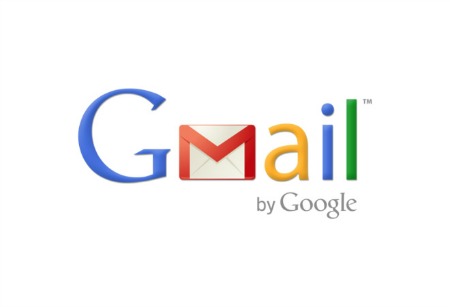
Think of the most personal e-mail you sent this week. Now imagine d eciding to bcc: the folks at Gmail, because in a world as complicated and open as ours, there really is no longer any need for privacy.
Of course that is not true, and none of us would really do that. But the fact of the matter is, for those who have a Gmail account, or for others who exchange emails with Gmail users, they virtually copy Google and their advertisers with every click of the send button.
You may have heard of “Scroogled,” or the campaign designed to expose Gmail’s snoopy tactic to boost advertising revenue. In short, they read your email, pick up on themes and direct targeted ads to you as a result. Ever wonder if it was a coincidence that you emailed your best friend about mice in your basement and the very next day saw an ad about pest control? Not a coincidence at all actually.
Of course most people who know about Gmail’s ad policy are not a fan. Upwards of 90 percent of Americans disapprove of providers scanning emails to target ads to users, according to a GfK Roper poll. More troubling than the “just for you” ads users receive are the implications of privacy and the internet. For those of you who send an email and picture it landing securely in the in box of the intended recipient, this finding is especially troubling. Now that the cat is out of the bag, lawsuits are popping up across the country and more than 100,000 have signed an online petition asking Google to change its ways. You really can’t blame former Gmail enthusiasts for feeling exposed.
But not all providers are so sneaky. Outlook and others prioritize privacy, which means they don’t read your emails to decide where to send ads. While Gmail is busy combing through the content of your messages, Outlook is scanning text simply to protect your privacy, much the same way the postal service scans packages for explosives. While those obvious spam words may trigger the red flag for Outlook, you won’t be targeted with party rental ads simply because you mentioned a surprise party for your soon-to-be over-the-hill husband.
The Scroogled campaign brings to light the importance of knowing what is really going after you hit send. The same GfK study reports that 70 percent of Americans have no idea that any major email service scans message content to target ads. Now that a growing percentage is seeing the underbelly of Gmail, more and more are looking for a safer, more secure alternative. E-mail can still be private, depending on the service you use. Although Gmail is free, the price you pay is in the privacy lost.